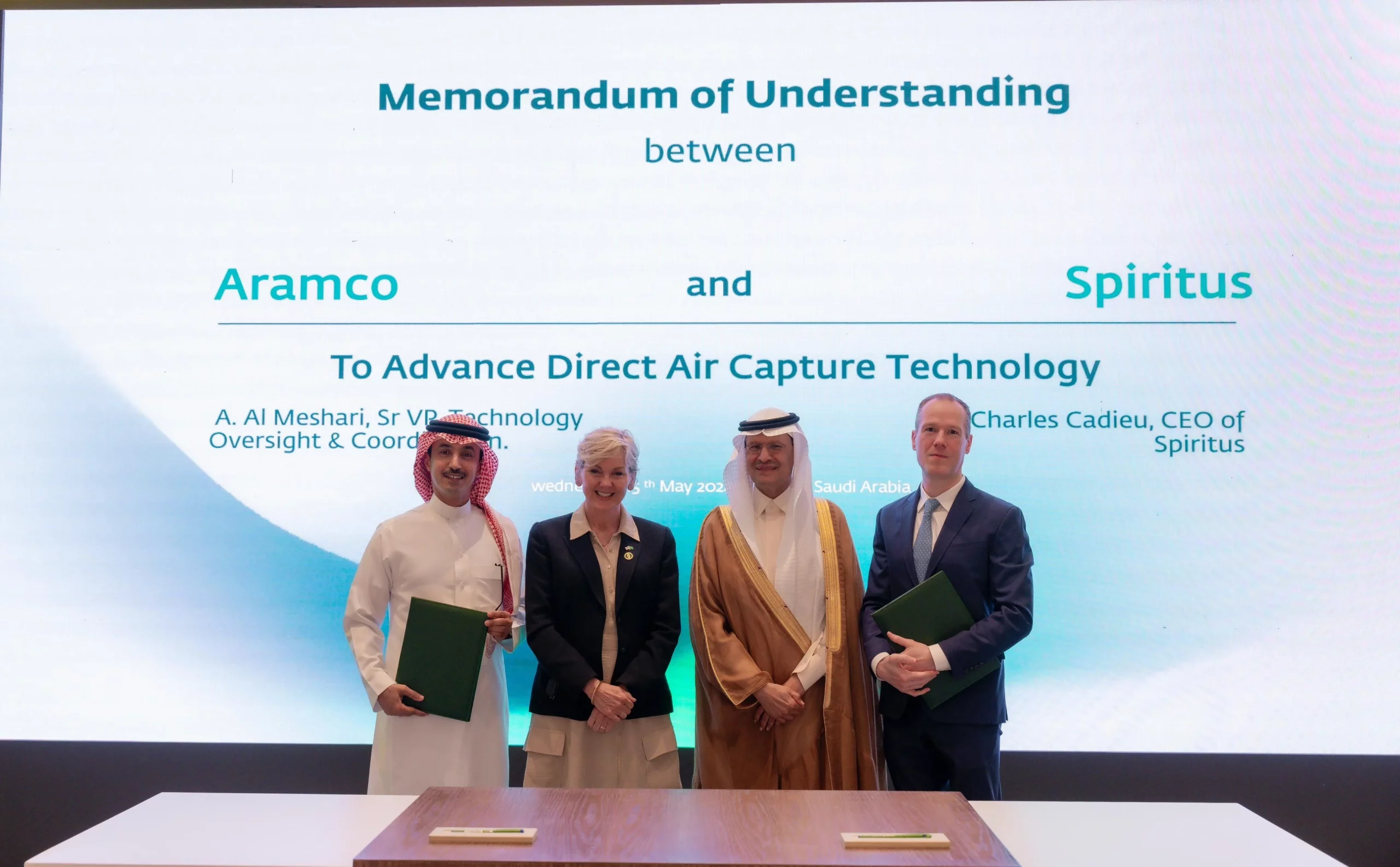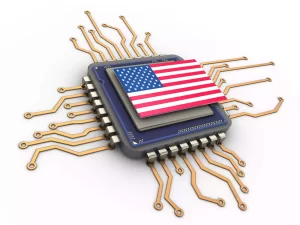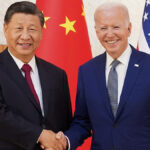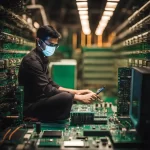Introduction
In a significant technological leap for the energy sector, Saudi Aramco has partnered with French technology firm Pasqal to launch Saudi Arabia’s first quantum computer.
\ 
The 200-qubit machine, set to deploy in the second half of 2025, marks a milestone in the Kingdom’s ongoing drive to diversify its economy through cutting-edge technology.
Agreement: Aramco and Pasqal signed a deal for Pasqal to install, maintain, and run a 200-qubit quantum computer in Saudi Arabia.
Deployment Timeline: The quantum computer is expected to be up and running in the second half of 2025.
Initial Stage: The system will first use an “analog mode” for operations.
Upgrade Planned: Following year, the system will be upgraded to a more advanced “analog-digital mode” to tackle more complex problems.
Joint Goals: Both Aramco and Pasqal aim to use this machine to find new applications of quantum computing and establish a center for quantum research in Saudi Arabia.
Read More: GPT-4o: 12 Mind-Blowing Use Cases That Change How We Interact with AI – techovedas
Pioneering Quantum Technology in Energy
The new quantum computer will revolutionize the energy industry by addressing complex problems and uncovering new use cases for quantum computing.
“This isn’t just any quantum computer; it will be the most powerful tool deployed for industrial usages, unlocking a new era of innovation for businesses and society,”
Georges-Olivier Reymond, CEO and co-founder of Pasqal.
Quantum computing uses qubits, which unlike classical binary bits, can exist in multiple states simultaneously.
This capability allows quantum computers to perform calculations at exponentially faster rates.
For instance, in 2019, Google’s Sycamore chip solved a mathematical problem in 200 seconds that would take traditional supercomputers 10,000 years to solve.
Read More: 5 Reasons Why Legacy Nodes Remain Crucial in the 1nm Era? – techovedas
Saudi Arabia’s Technological Drive
Introducing this advanced technology represents a significant step in Saudi Arabia’s Vision 2030, an ambitious initiative to diversify the economy away from oil dependency and towards high-tech industries.
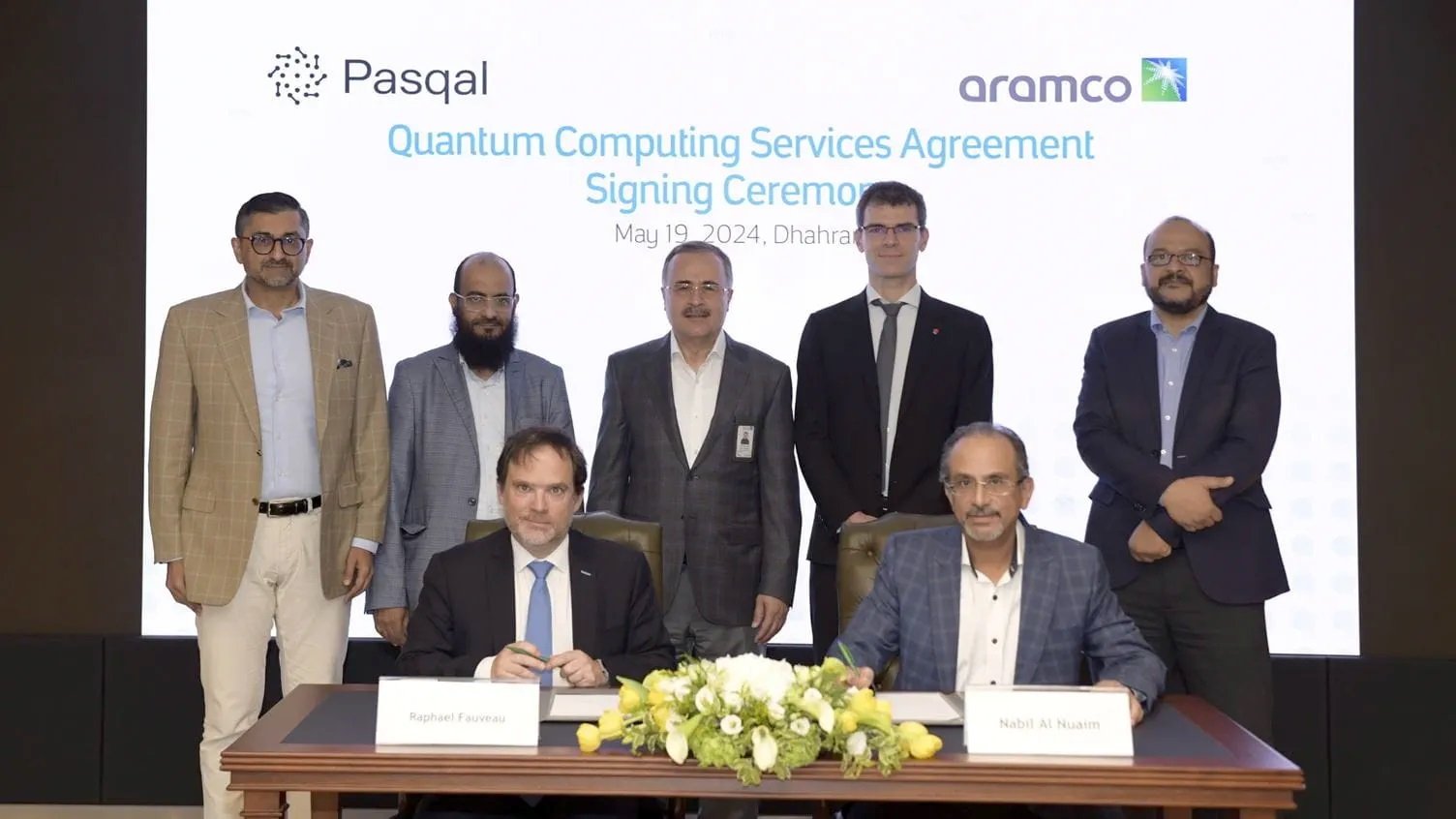
Ahmad Al Khowaiter, Saudi Aramco’s Executive Vice President for Technology and Innovation, emphasized the importance of embracing new technologies.
In a rapidly evolving digital landscape, we must seize opportunities presented by new, impactful technologies, and we aim to pioneer the use of quantum computing in the energy sector
Ahmad Al Khowaiter, Saudi Aramco’s Executive Vice President for Technology and Innovation
Read More: Google Commits €1 Billion to Finnish Data Center Expansion to Fuel AI Advancement – techovedas
Global Advances in Quantum Computing
Currently, leading quantum computers have capacities around 100 qubits. However, tackling the most complex global challenges may require machines with capacities ranging from 100,000 to a million qubits.
Late last year, IBM announced its development of the world’s first 1,000-qubit chip, Condor, which doubled the previous record.
Meanwhile, companies like Microsoft and Quantinuum focus on minimizing inaccuracies in quantum algorithms.
Read More: Intel’s Lunar Lake Processors Set to Revolutionize AI PC Market in Q3 2024 – techovedas
Strategic Partnership for Future Growth
The partnership between Saudi Aramco and Pasqal strategically aligns their resources and expertise.
The quantum computer will help integrate advanced solutions into Saudi Aramco’s business and further evidence of our contribution to the growth of the digital economy,
Al Khowaiter.
At the signing ceremony, key figures from both companies participated, including Raphael Fauveau, CFO of Pasqal, and Nabil Al Nuaim, Senior Vice President of Digital and IT at Saudi Aramco.
The collaboration aims to leverage quantum computing to drive innovation and efficiency in the energy sector.
Read More:AI on Steroids: Microsoft Unveils Copilot+ PCs with Built-in Generative AI Capabilities – techovedas
Implications for the Digital Economy
Deploying the quantum computer will have far-reaching implications. Beyond solving complex problems, it will enhance the Kingdom’s capabilities in data analysis, simulation, and optimization.
There are a couple of reasons why the Saudi Aramco and Pasqal quantum computer project is special:
First Mover Advantage in the Region: This will be the first quantum computer deployed in Saudi Arabia, giving them a head start in exploring its potential applications. This could position them as a leader in quantum research and development within the Middle East.
Focus on Practical Applications: While the technology is still early stage, Aramco plans to use it for real-world problems in the oil and gas industry. This focus on practical applications, combined with a powerful machine, could lead to significant breakthroughs for the energy sector.
Platform for Quantum Research Hub: The partnership aims to not just utilize the computer but also establish a research center in Saudi Arabia. This could foster collaboration between Aramco, Pasqal, and academic institutions, potentially leading to further advancements in quantum algorithms – a crucial piece for unlocking the full potential of quantum computing.
Pasqal’s Technology: Pasqal uses a “neutral atom” approach, considered by some to be a promising avenue for quantum computing. The success of this project could further validate this technology.
Overall, this project is special because it combines regional first-mover advantage, a focus on practical applications in a key industry, and the potential to create a hub for further quantum research.
Follow us on Linkedin for everything around Semiconductors & AI
Conclusion
Saudi Aramco’s venture into quantum computing with Pasqal highlights the Kingdom’s commitment to advanced technology.
This move aims to boost Saudi Arabia’s digital economy. As the world’s largest oil-producing company, Aramco sets a precedent in the energy sector.
Quantum computing promises to solve some of the industry’s toughest challenges.
The quantum computer showcases significant technological advancement. It symbolizes Saudi Arabia’s vision for a diversified and resilient economy.
As the deployment date nears, the global tech and energy sectors will watch closely. The impact of this powerful new tool could be transformative.

